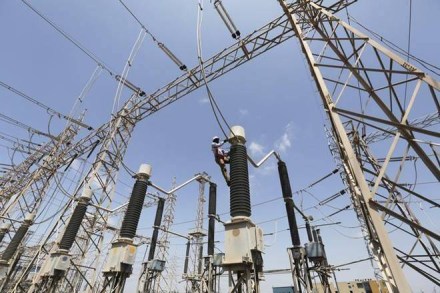Led by Punjab National Bank (PNB), a consortium of lenders to Jindal India Thermal Power (JITPL) is looking to offload 51% stake in the company, a document seeking bids showed. This is the second attempt by lenders after a similar effort in August last year. The consortium of lenders have appointed SBI Capital Markets to look for an investor. “The security trustee to the lenders of JITPL holds 51% of equity shares on behalf of the lenders. The Lenders now propose to sell these shares,” the document said, adding that the debt on the balance sheet of JITPL may be refinanced based on discussion with prospective investors. The company reported a net loss of `470 crore on the back of `1,495 crore in revenues in FY17. Its debt stood at `5,529 crore at the end of March 2017, the document said. Lenders to the company include State Bank of India (`1,393 crore), Punjab National Bank (`874 crore), United Bank of India (`278 crore), Bank of Baroda (`338 crore), ICICI Bank (`406 crore) and Axis Bank (`585 crore). JITPL is a special purpose vehicle (SPV) established in 2001 for the development of coal-based thermal plant and has a 1200-MW plant, set up in two phases. A memorandum of understanding (MoU) was signed with the government of Odisha on September 26, 2006 for development of the project and Phase 1 and 2 were commissioned in FY15.
JITPL is part of the BC Jindal Group of companies which is engaged in the manufacture of polyester film, photographic goods, cold-rolled steel strips, galvanised sheets and metallised films. FE had reported that the company’s lenders had agreed to recast `2,460 crore worth of debt under the guidelines issued by Reserve Bank of India (RBI) under Flexible Structuring of Long Term Project Loans to Infrastructure and Core Industries, popularly known as the 5/25 scheme.
Introduced by RBI in 2014, the restructuring plan allows banks to extend the tenor of a loan to infrastructure projects, thereby reducing the repayment burden on companies. The plan was introduced as RBI felt that a fear of asset liability mismatch is stopping banks from providing long tenor financing to infrastructure projects, thereby putting pressure on their cash flows and in some cases, making them unviable.
